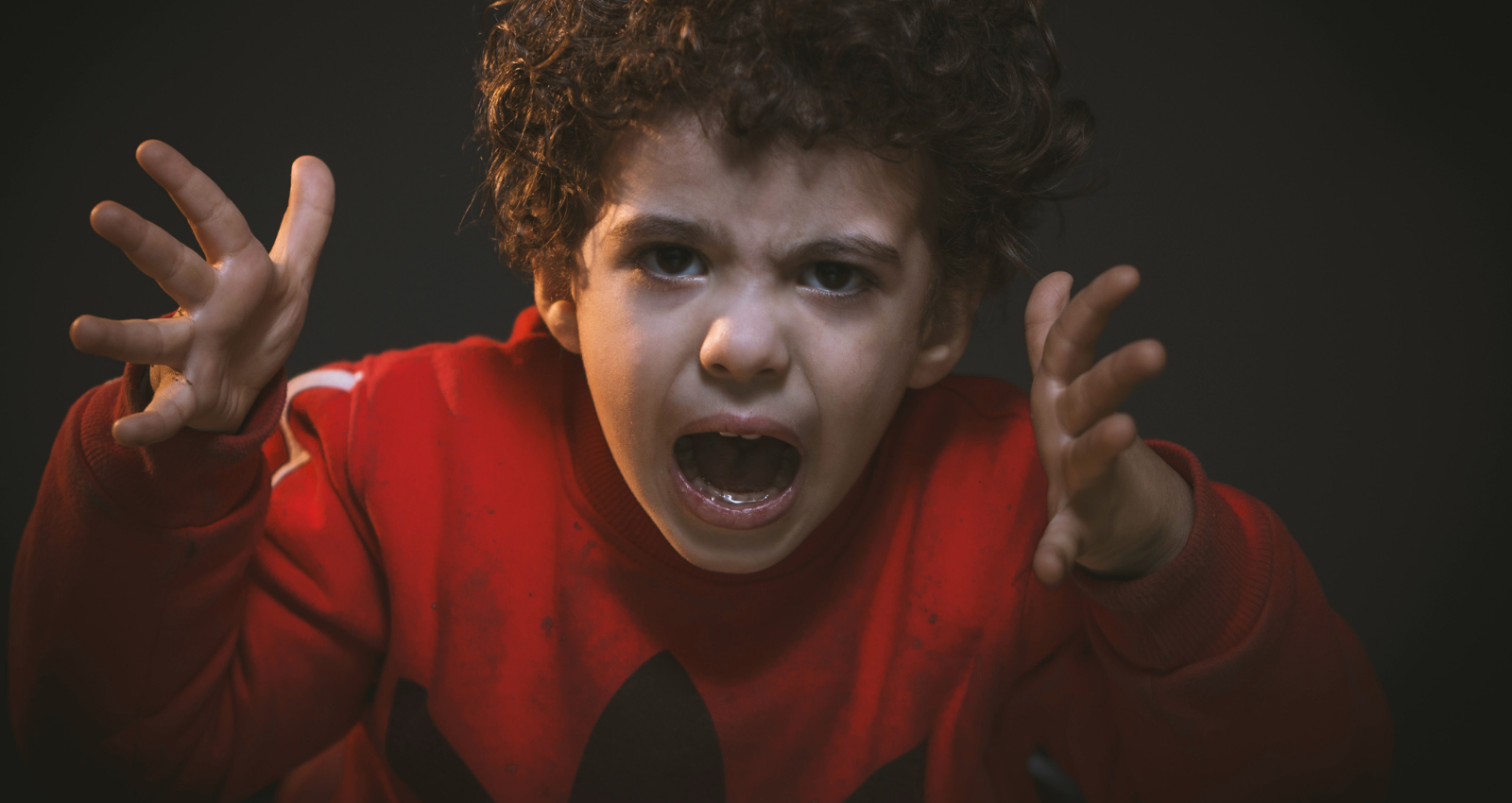
Dealing with aggressive behaviour in special needs children
Aggression in special needs children can be common and difficult for everyone involved. No parent wants their child to be upset and use aggressive behaviour. In this blog SpecialKids Company will look at the signs of aggression in children with special needs and explore various strategies that can be used to reduce aggression.
Signs of aggression in children with special needs
What are the signs of aggressive behaviour? A child’s aggression might be physical, verbal or both. For example:
- Physical aggression
- Self-harm
- Hurting others – biting, hitting, kicking, pulling hair
- Throwing objects
- Breaking objects
- Verbal aggression
- Shouting
- Screaming
- Using ‘bad’ language
- Answering back and saying ‘no’
Look for the root cause for your child's aggressive behaviour
There are lots of reasons your child might be aggressive, for example their developmental age and cognitive ability or frustration in not being able to communicate or do something that they want to do. Finding the root cause for their behaviour is important so that you can establish the best strategy to help them overcome it.
Here are some factors to consider:
Environmental factors can cause aggressive behaviours in special needs children
Consider whether your child's environment might be the reason for their behaviour. If it happens at a certain place - perhaps only at home or at school - then you should look at ways of modifying the environment to help them. Perhaps their classroom is too loud and they need ear defenders. Or maybe they need a quiet space in your home to relax and avoid sensory overload.
Physical changes
If their bad behaviour is new and sudden then it may be due to physical changes your child is experiencing, for example puberty or even something as simple as toothache. If your child finds it difficult to communicate it might not be easy for you to know if a physical change is affecting them. If this is the case it's important to consult your child’s GP or paediatrician for advice.
Social changes can be impacting your childs behaviour
Social changes can also impact on a child’s behaviour. For example, has there been any changes in their relationships? Or perhaps they are unable to attend an activity club or school currently because of the COVID-19 pandemic?
If you suspect that social changes are affecting your child you should speak to those who help to support them, such as teaching staff and close family. You might find that a social story could help to explain social changes to them in a way that helps them to understand.
As you can see, there are lots of reasons that your child might be aggressive. Of course we shouldn’t forget that some children will use their behaviour simply to get attention.
Strategies to reduce aggressive behaviour
Keeping Calm
The first thing to remember is not to react to aggressive behaviour with aggressive behaviour. This never helps either party and will only end in more upset and frustration. Try to remain as calm as possible and not ‘overreact’. Chances are your child is behaving this way because they are unable to communicate how they feel.
Don’t be afraid to ask for help
Don’t be afraid to ask for professional advice. Your GP might find a medical reason for your child's behaviour and be able to provide you with the right help and strategies to assist them. Or you might be referred to CAHMS (Child & Adolescent Mental Health Services) for advice and support.
Keep a diary
If you’re finding it difficult to establish the cause of your child’s behaviour then keeping a diary might help you to notice patterns and find a trigger. You can also ask your child's teacher or those that support them to do the same.
Use distraction
For some distraction can help stop aggressive behaviour. This could range from using a favourite toy, talking the your child in a calm, quiet space or even singing their favourite song. It sounds very simple and of course doesn't work for everyone but distraction can work really well with some children.
Help your child to communicate
Often communication difficulties cause frustration which leads to aggression. Speak to your child’s Speech and Language Therapist to ask for advice on the best communication methods to help your child. Visual cues, ‘now and next’ boards and social stories can be great.
If your child is able to communicate but struggles to articulate their feelings, sitting down and talking through their emotions might help. There are lots of story books available that can discuss feelings.
Praise and consequences
Praise, praise and praise again good behaviour. Praise is a great motivator for children of all ages and will help to reinforce when they are doing something positive.
If your child understands consequences, then it's important to discuss the consequence of bad behaviour before they misbehave, for example they might have a toy confiscated for a certain period of time.
Behavioural chart
Behaviour charts don’t work for every child, but if you think that they might motivate your child then it’s worth considering one. Sometimes something as simple as a sticker every day is enough to help improve behaviour. At end of the day or the end of the week you could use a simple reward as a 'well done', such as time spent doing an activity they enjoy.
Play therapy and expression techniques
Finally, play therapy and expression techniques can be used in various ways to help a child channel their aggression into something else that doesn't cause harm. For example, squishing play doh or using art to express how they feel.

